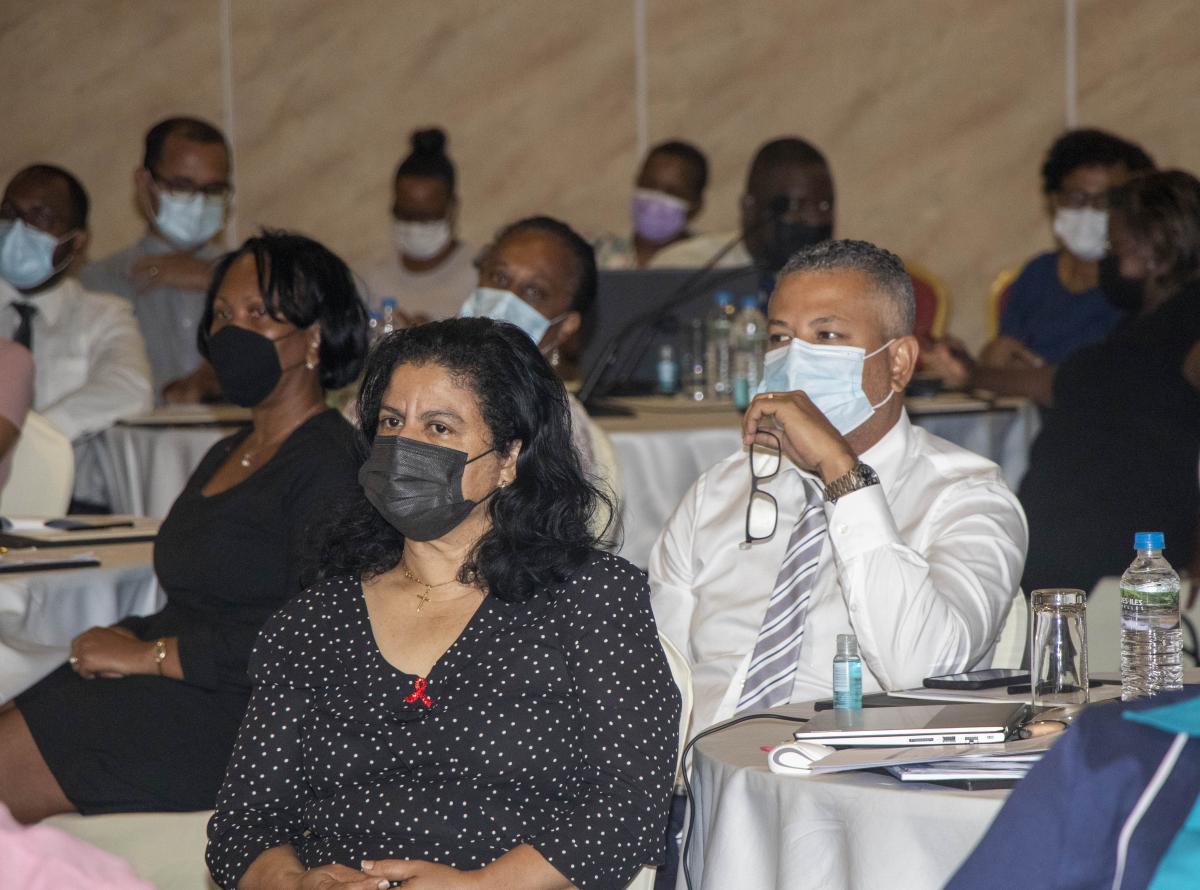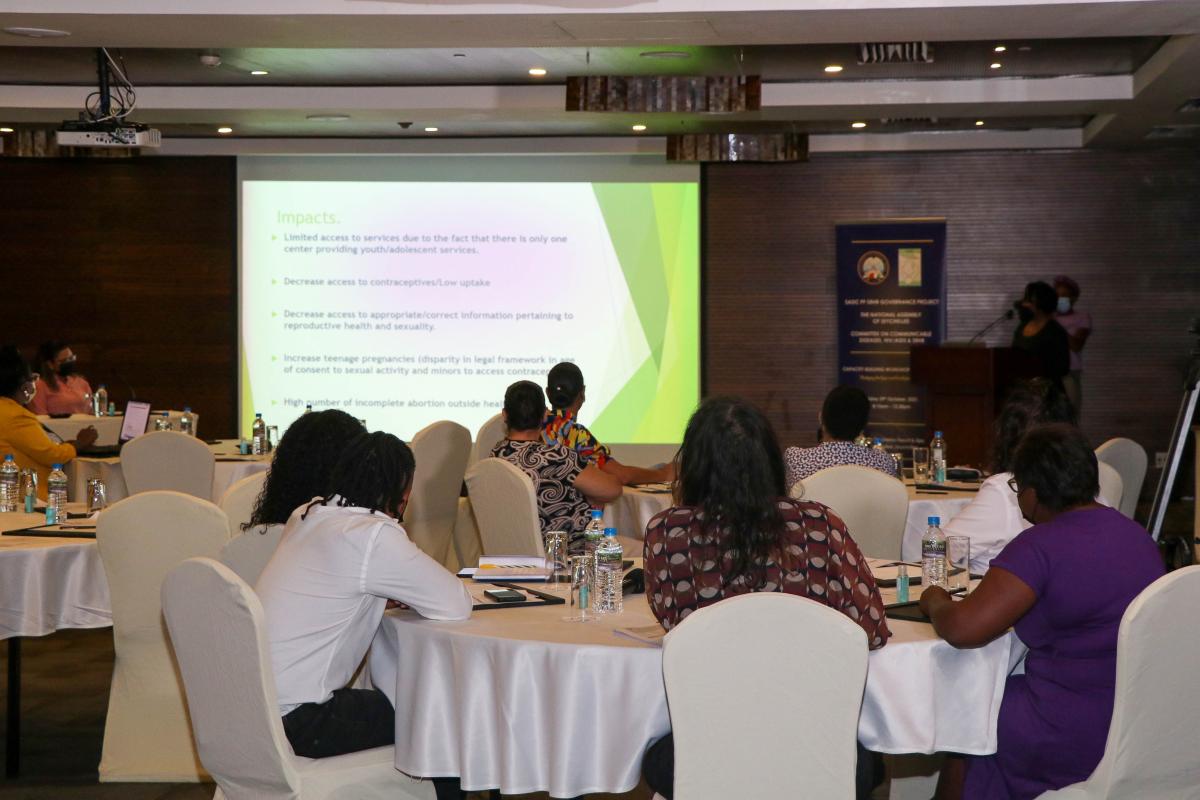The National Assembly Committee on Communicable Diseases, HIV/AIDS and SRHR organised a half day capacity building workshop for Members of the National Assembly on the current HIV/Aids and SRHR issues in relation to the gap between the age of consent to sex and access to contraceptives, as well as access to health rights and services.
The workshop was being conducted under the aegis of the Southern Africa Development Community Parliamentary Forum’s (SADC PF) SRHR Governance project sponsored by the Swedish International Development Cooperation Agency (sida). The project’s mandate is to work with and strengthen the capacity of SADC national parliaments to advocate for and influence national responses to SRHR and HIV.
Parliamentarians are mandated, through the project, to play a big role in their oversight functions to push the SADC PF’s agenda on sexual and reproductive health rights and the response to HIV and AIDS. Their functions include to influence and scrutinise policies and legislation, to stimulate national responses to HIV and SRHR and propose amendments to reflect the country’s needs in respect of their mandate under the project.
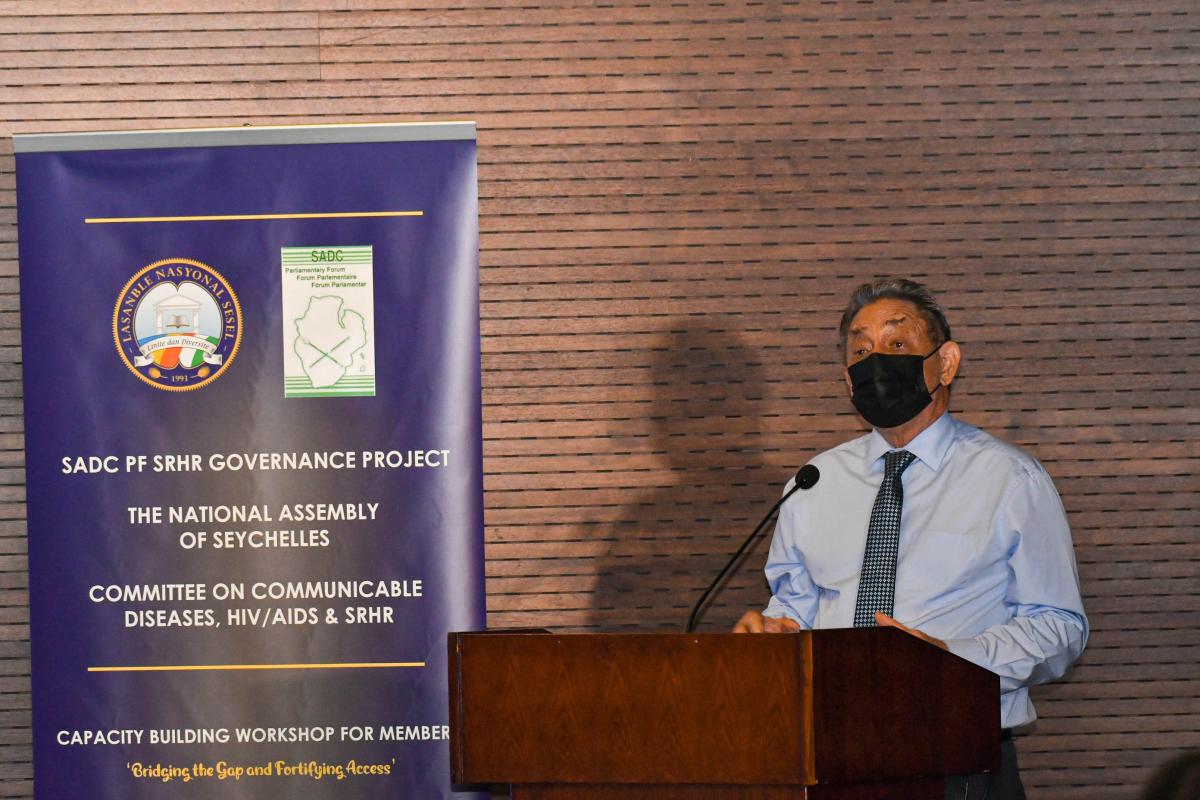
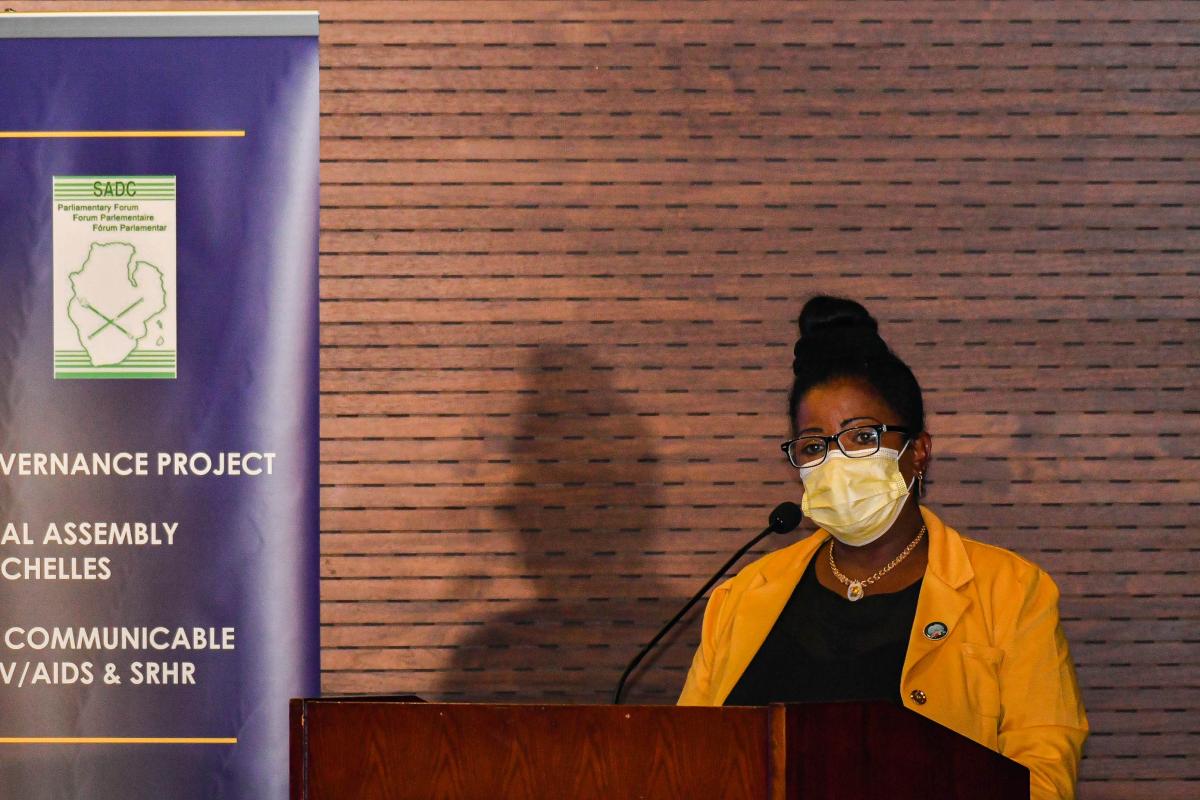

During the workshop, held at SAVOY Resort and Spa on Friday 29th October 2021, under the theme “Bridging the Gap and Fortifying Access”, Members were presented with statistics and relevant information amassed over the past five years. The aim was to enhance their knowledge on these pertinent issues in preparation for two forthcoming Motions by Members of the Committee. The discussions revolved around practical ways of overcoming the various challenges hindering amendment in existing policies and legislation pertaining to pertinent issues affecting adolescents’ sexual reproductive health and rights and also the decentralization of services. Emphasis was put on the importance to provide for and protect the health rights of adolescents and other individuals accessing service and cleared out doubts that access to services will push adolescents towards indulging in early sexual activity. The workshop also provided participants with an overview of existing legal instruments. Building upon this, Members will consider possible options for improving the effectiveness of existing frameworks. The trend today sees an alarming increase in sexual activity at an earlier age, various associated health risks and unwanted early pregnancies which can have tragic consequences. There are also social issues involved as well as economic burdens on both the persons individually and on society. And, since adolescents currently face barriers in accessing contraceptive services, including concerns about confidentiality, it was felt that a deficiency in access to sexual and reproductive health implies discrimination, gender imbalance and disempowerment of an important population sector.
Presenters included the Ministry of Education, the Ministry of Health - namely the Communicable Disease Control Unit and the Youth Health Centre, the HIV Aids Support Organisation (HASO), the Juciciary and Youth Action Movement (YAM). Leading up to the workshop, the Committee also held meetings with the various stakeholders, and participated in the Seychelles Broadcasting Corporations televised programmes ‘Topik Konversasyon’ and ‘Dyalog an Direk.” This was aimed at gathering views to guide the workshop’s presentations.
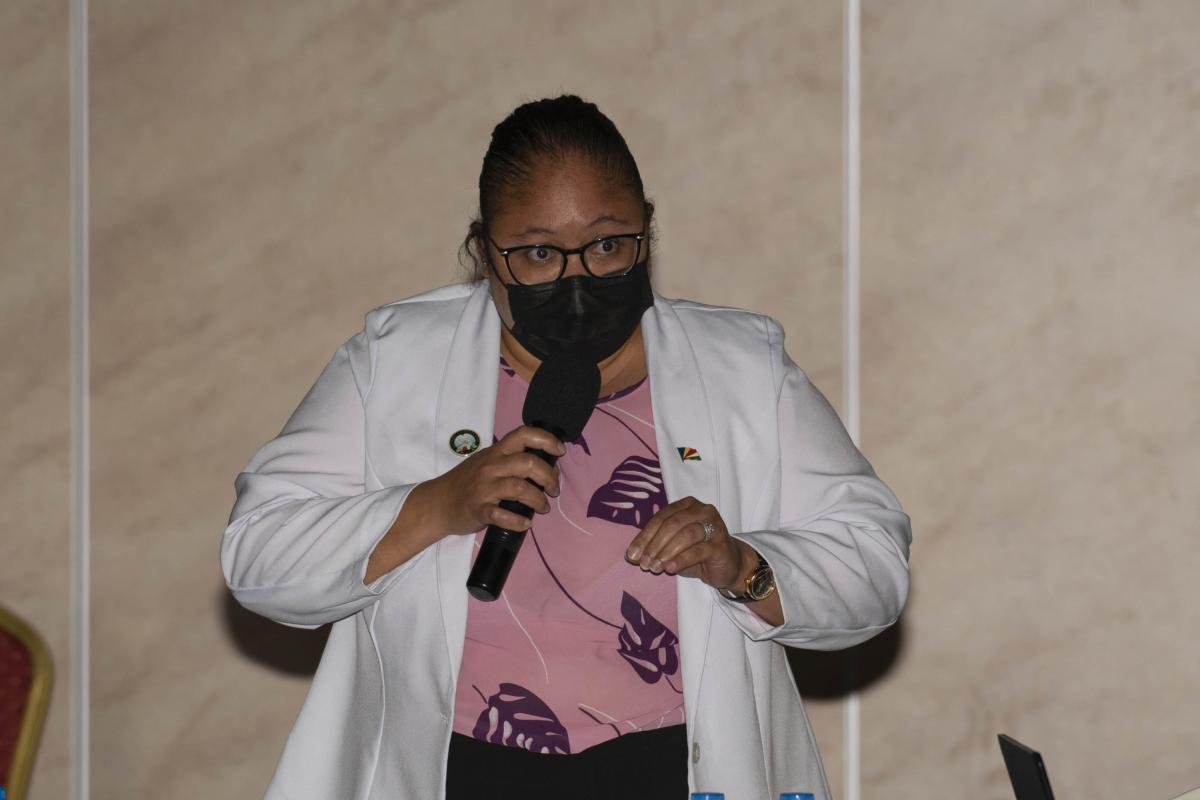
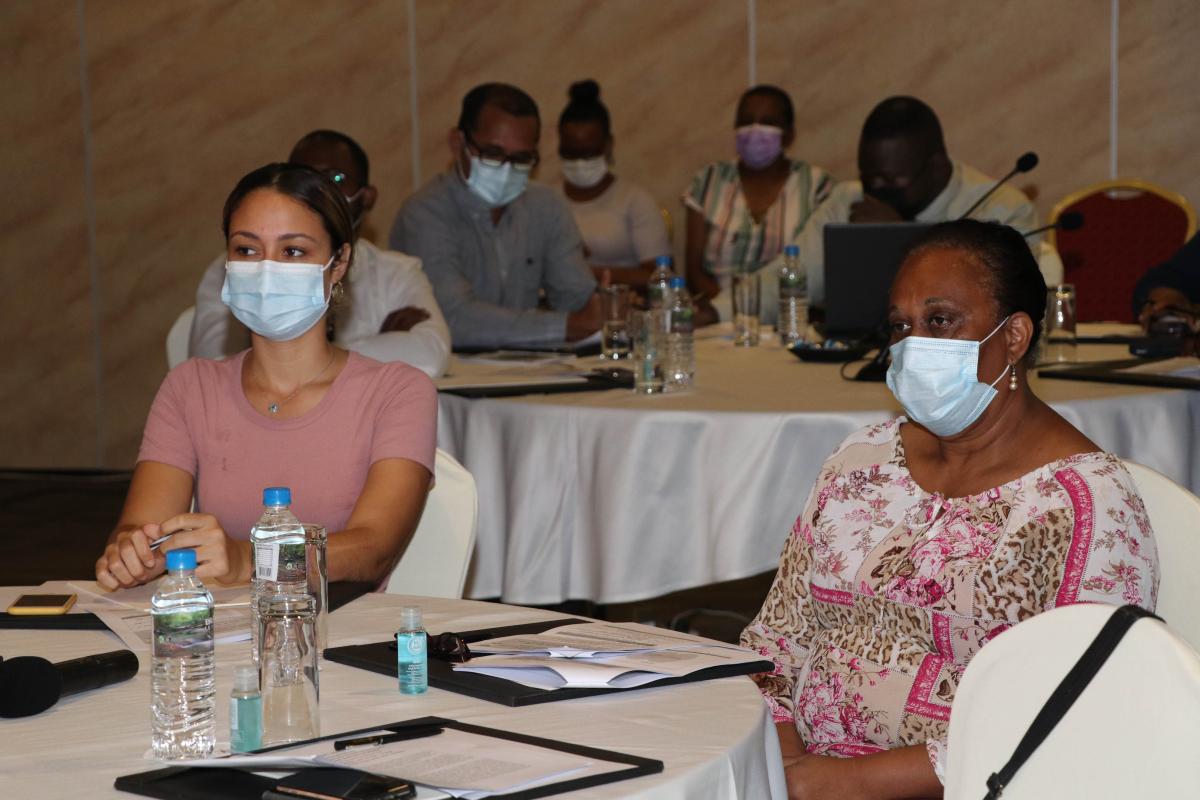
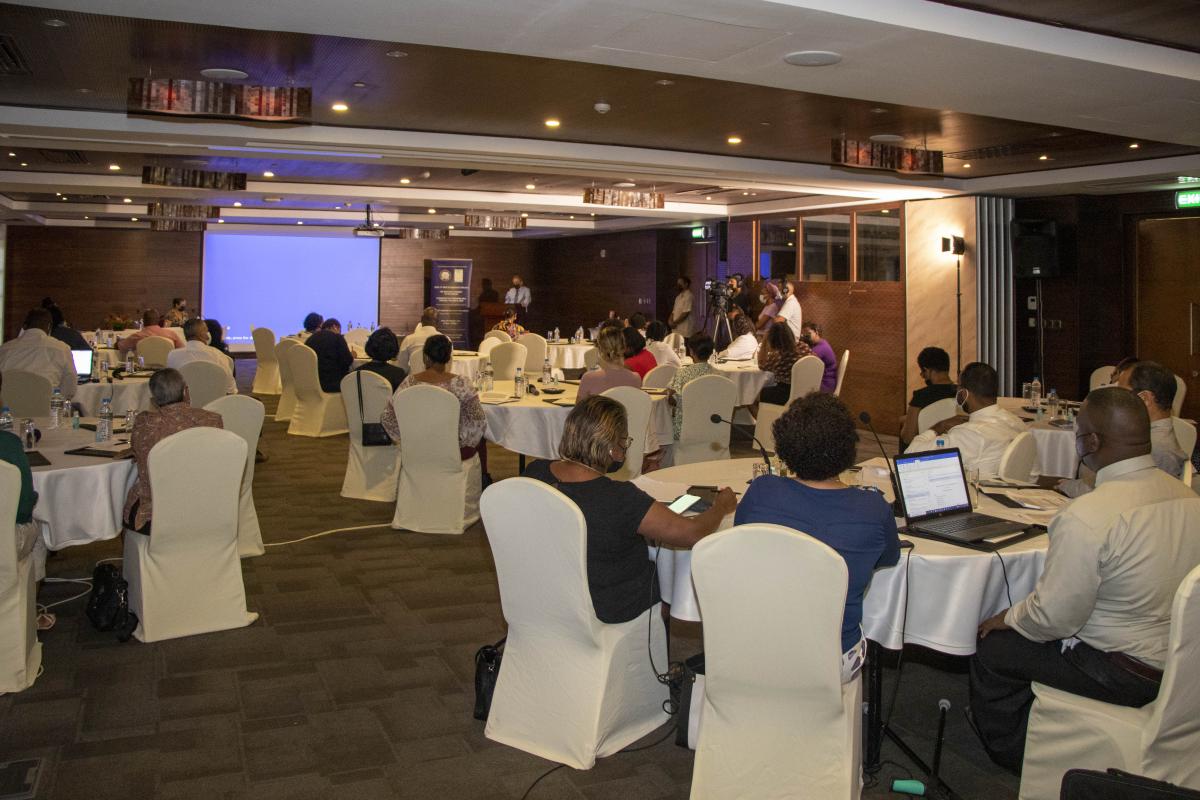
Since The SADC PF Governance Project, and thus the Committee on Communicable Diseases, HIV/AIDS and SRHR, operates with the backdrop of Model Laws developed for the SADC region, namely the existing SADC Model Law on HIV and AIDS and the SADC Model Law on Eradicating Child Marriage and Protecting Children Already in Marriage, it is imperative for Members of this committee to remain vigilant to the issues being raised nationally and, through diligent research and parliamentary deliberations, to bring about changes that will positively impact on their constituents and the country at large, with emphasis on the vulnerable groups and key populations.
The workshop will be followed up by other activities with other stakeholders, including parents, educators and adolescents themselves. It is hoped that this will culminate in amendments of existing legislation when the Motions are brought to a vote before the House.
